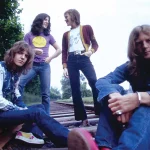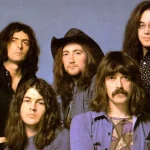🎤 The Shirelles – “Will You Still Love Me Tomorrow” (1960): The Enduring Anthem of Love, Hope, and Doubt ✨
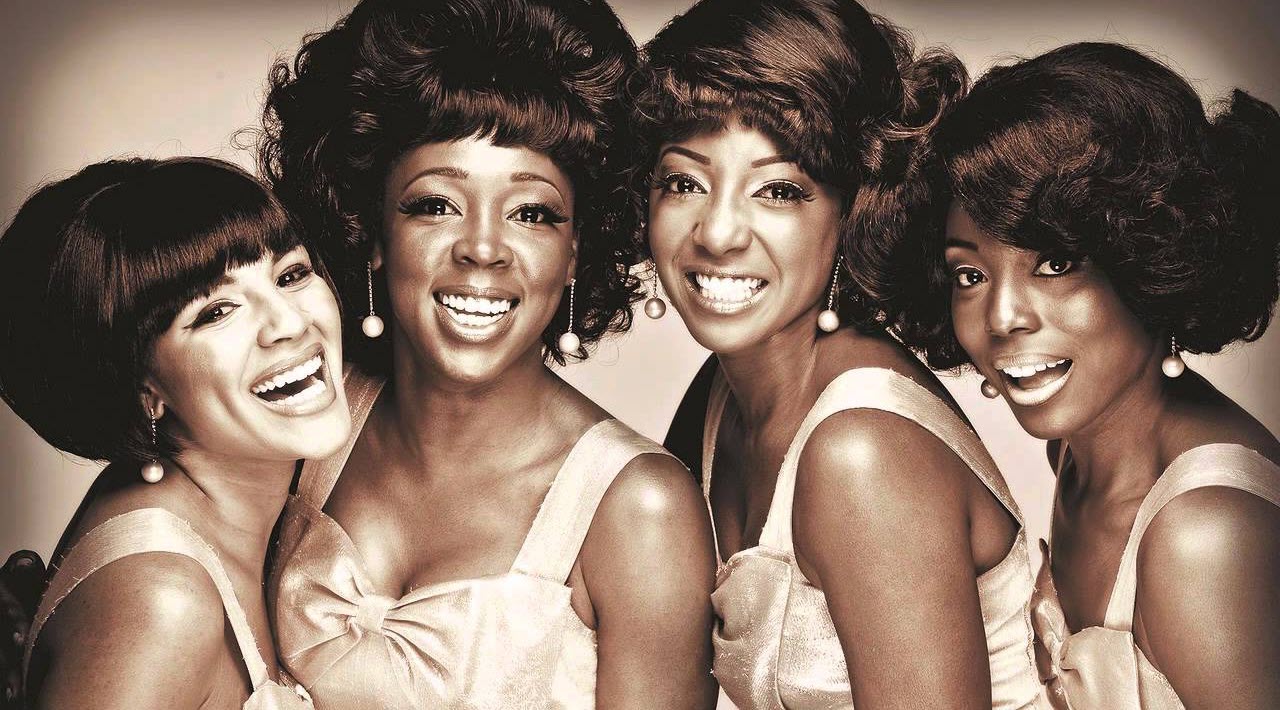
Released in 1960, The Shirelles’ “Will You Still Love Me Tomorrow” isn’t just a song; it’s a cultural touchstone that perfectly captured the universal anxieties and fragile hopes of young love. This soulful ballad became an iconic early ’60s hit, soaring to number one on the Billboard Hot 100 and cementing its place as a foundational piece of the girl group sound and pop music history.
The Genesis of a Classic: A Songwriting Masterpiece

The power of “Will You Still Love Me Tomorrow” begins with its extraordinary songwriting. Penned by the legendary Carole King and Gerry Goffin, this was the first single by a Black all-female group to reach number one on the Billboard Hot 100. King and Goffin, a husband-and-wife songwriting duo, crafted a lyrical and melodic masterpiece that was both deeply personal and universally relatable. Their ability to articulate such complex emotions with simplicity resonated profoundly with a burgeoning youth culture eager for music that spoke to their experiences. The song’s composition was ahead of its time, blending a traditional pop structure with burgeoning R&B sensibilities, creating a sound that was both fresh and timeless.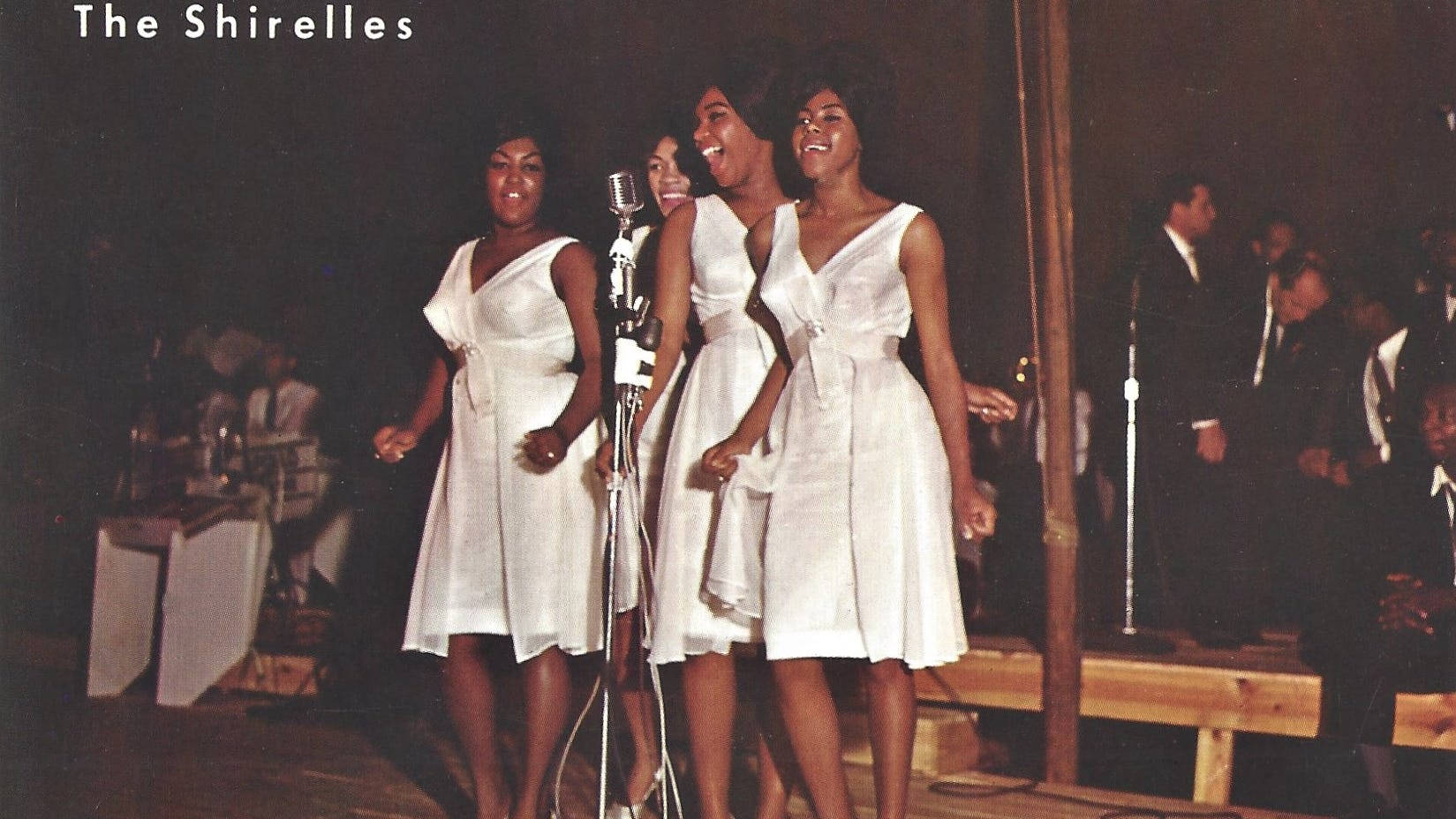
The Shirelles’ Harmonious Delivery: Vulnerability and Poignancy
While the songwriting was brilliant, it was The Shirelles’ unique performance that truly brought “Will You Still Love Me Tomorrow” to life. Lead singer Shirley Owens’s vocals are a masterclass in controlled vulnerability. She delivers the lyrics with a raw, heartfelt sincerity that makes every question feel personal and every doubt palpable. The lush backing harmonies from the rest of the group – Doris Coley, Addie “Micki” Harris, and Beverly Lee – provide a beautiful, almost ethereal counterpoint, adding layers of emotional depth and a touch of sweet innocence. Their collective sound was instantly recognizable, establishing a template for countless girl groups that would follow. The combination of Owens’s lead and the seamless group harmonies created a truly distinctive and pioneering sound.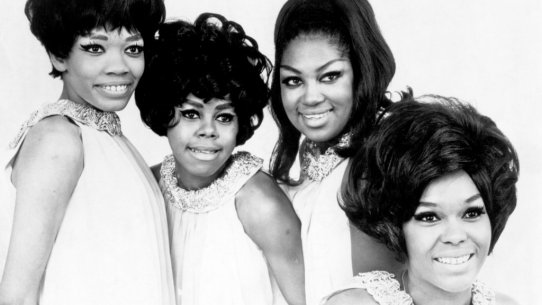
Lyrical Exploration: The Universal Questions of Love
At its core, “Will You Still Love Me Tomorrow” delves into the profound and often uncomfortable questions that accompany the precipice of romantic intimacy. The lyrics articulate a young woman’s uncertainty and vulnerability, not in a negative light, but as a genuine, introspective inquiry: “Tonight with words unspoken / You said that I’m the only one / But will my heart be broken / When the night meets the morning sun?” This daring honesty, especially for its era, resonated deeply with listeners. It explored themes of love, doubt, longing, and the fear of fleeting passion versus enduring commitment. It captured the delicate balance between the exhilaration of a new connection and the inherent risks of opening one’s heart, making it a timeless anthem for anyone grappling with the future of a relationship.
Enduring Legacy: A Pioneer of Pop and R&B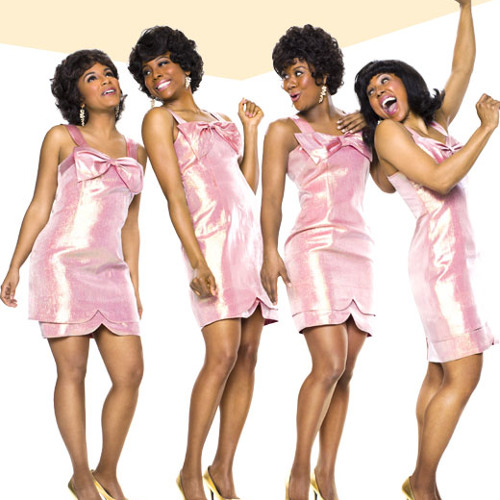
“Will You Still Love Me Tomorrow” wasn’t just a hit; it was a watershed moment in popular music. With its smooth, melodic arrangement, subtle orchestral backing, and the Shirelles’ raw, heartfelt delivery, it transcended simple pop to become a deeply emotional experience. The song’s success not only solidified The Shirelles’ pioneer status in the burgeoning girl group movement, paving the way for acts like The Supremes and Martha Reeves & The Vandellas, but also demonstrated the commercial viability and artistic depth of rhythm and blues-infused pop music performed by Black artists. Its influence stretches far beyond the 1960s, having been covered by numerous artists across genres and continuing to evoke a sense of nostalgic charm while remaining remarkably relevant to the universal human experience of love and uncertainty. It’s a reminder that some questions, and some songs, truly are timeless.
